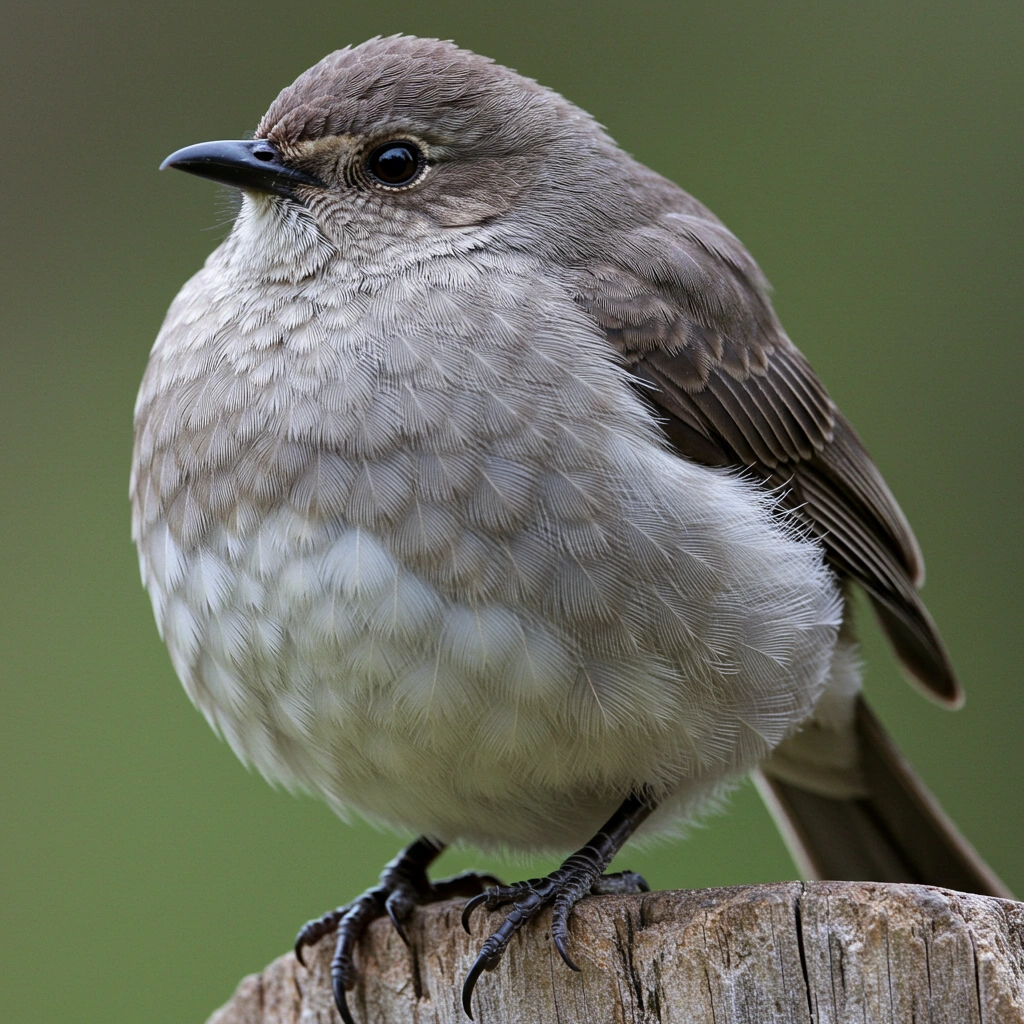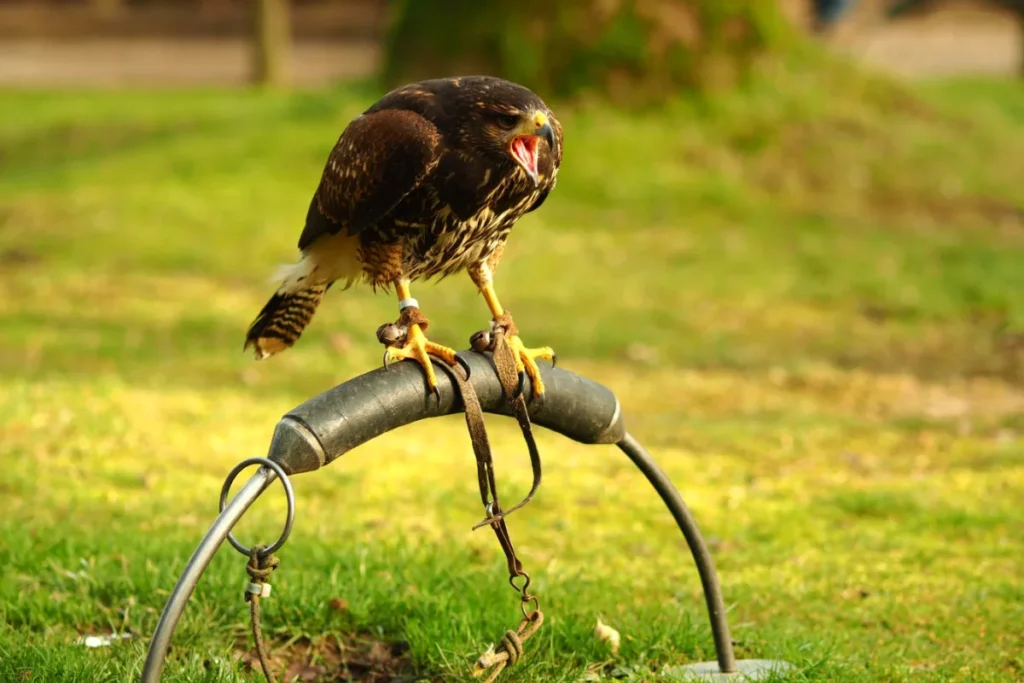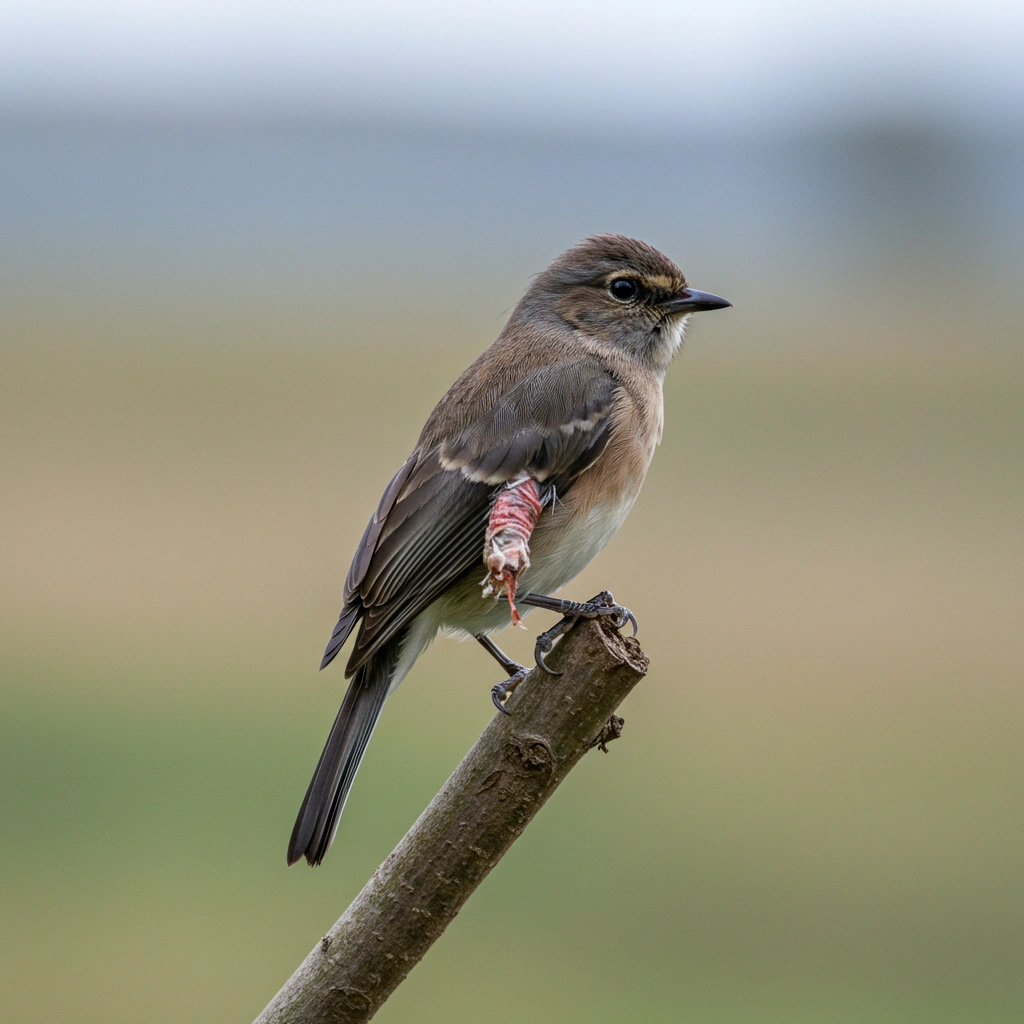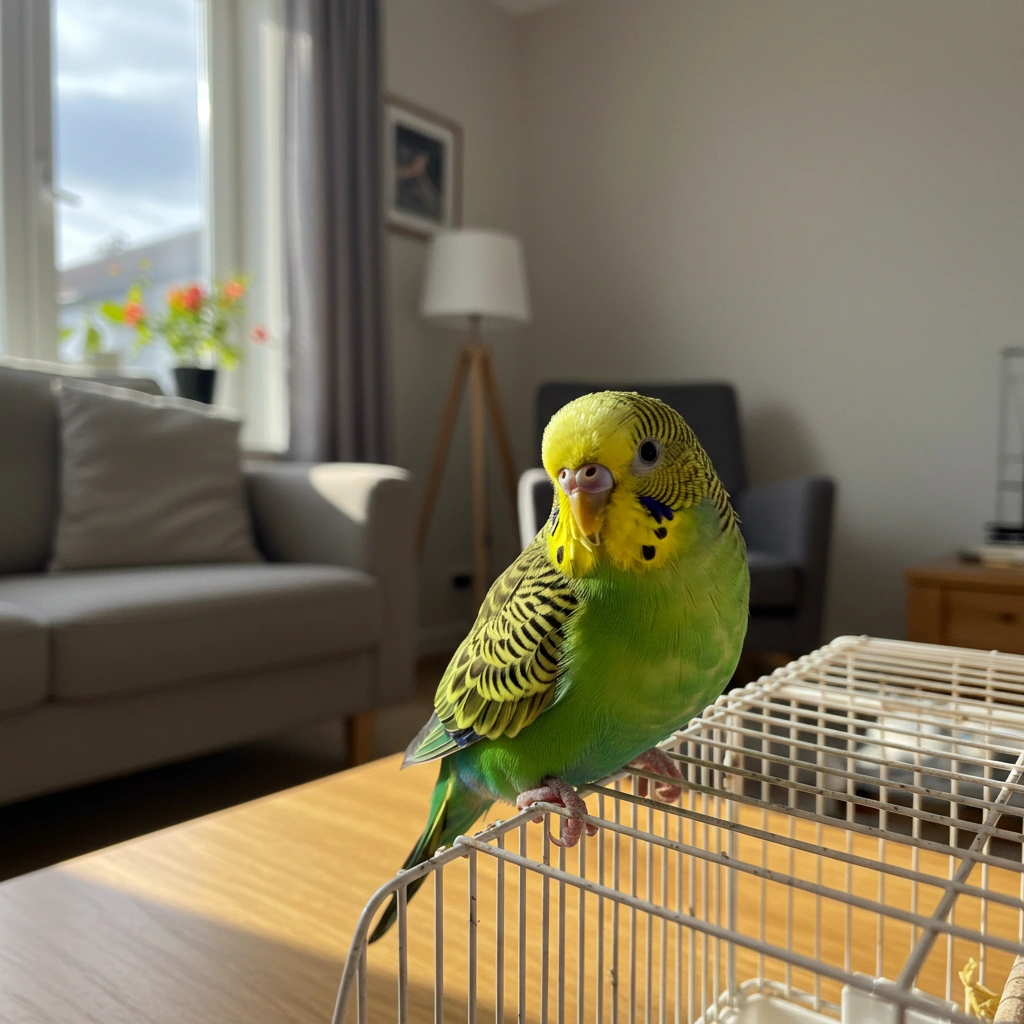A wide range of issues can impact the health and well-being of pet birds. Recognizing early signs of illness or poor health is essential, as birds instinctively hide their symptoms—a survival trait developed in the wild to avoid appearing vulnerable to predators. Because of this, bird owners must stay vigilant and understand potential health risks to ensure their pets live healthy, happy lives. Here are three of the most common health issues in pet birds and effective steps you can take to prevent them.
Table of Contents
1. Avian Obesity

Just like in other animals, obesity in pet birds results from consuming too many calories without enough physical activity to burn them off. Over time, an overweight bird can develop serious health issues, including fatty liver disease (hepatic lipidosis), fat tumours (lipomas), and small raised nodules of fat (xanthomas). In the long term, avian obesity can lead to heart and respiratory problems, shortening the bird’s lifespan.
How to Prevent Avian Obesity

- Start by consulting an avian veterinarian to assess your bird’s ideal weight. Regular weigh-ins are crucial, as even a few grams can mean the difference between a healthy weight and obesity, especially for smaller birds.
- Next, look closely at your bird’s diet. Birds prone to obesity often consume a diet high in seeds and nuts, which are calorie-dense. Try balancing these with healthier options like fresh vegetables, leafy greens, and fruits, which provide vital nutrients without excess calories.
- Incorporate more opportunities for physical activity in your bird’s daily routine. For example, engage them with interactive toys, encourage climbing, or set up a safe, enclosed space where they can fly or move freely. Puzzle feeders and foraging toys are particularly useful, as they stimulate both the bird’s body and mind, promoting natural behaviors while burning calories.
2. Beak Birds Health Problems
Beak issues, often a result of poor nutrition, are common in pet birds. A diet lacking in essential nutrients can lead to liver disease, which manifests in overgrown, flaky, or scaly beaks. Smaller birds can develop soft, rubbery beaks from insufficient calcium and vitamin D, making it difficult to eat and preen. Over time, untreated beak deformities can cause pain, limit feeding ability, and lower quality of life.

How to Prevent Beak Health Problems
- If you observe any unusual beak symptoms, such as cracks, uneven growth, or flaking, consult an avian veterinarian promptly. They can help you assess and adjust your bird’s diet to prevent further complications.
- In addition to diet, regular sunlight exposure is essential. Birds synthesize vitamin D when exposed to natural sunlight, which is crucial for calcium absorption and overall beak health. If natural sunlight isn’t accessible, full-spectrum lighting designed for birds can be a good substitute.
- Providing various chewing materials, such as cuttlebones, wooden toys, or mineral blocks, can also help maintain beak strength and shape. These materials not only satisfy their natural chewing instincts but also keep the beak trimmed and smooth, preventing overgrowth.
Birds Candida Infections
Candida, a common yeast infection in birds, usually stems from a vitamin A deficiency. Candida infections cause discomfort and may affect multiple systems within the bird’s body. Common symptoms include white lesions in and around the mouth and throat, vomiting, appetite loss, and lethargy. Respiratory symptoms can also appear, such as nasal discharge, voice changes, and difficulty breathing, potentially limiting their ability to exercise.
3: How to Prevent Candida Infections ( one of the top Birds Diseases )

- If you notice signs of a Candida infection, get your bird to a veterinarian as soon as possible for prompt medical treatment. Early intervention can help control symptoms effectively.
- Vitamin A deficiency is a major contributor to Candida infections, so ensuring your bird receives adequate vitamin A is essential in both treatment and prevention. Foods rich in vitamin A, such as carrots, sweet potatoes, and leafy greens, are beneficial additions to your bird’s diet.
- Cleanliness is another critical factor in preventing Candida. Poor sanitation in the bird’s cage can lead to recurring infections, as Candida thrives in dirty or humid environments. Clean the cage regularly, especially food and water dishes, as leftover food particles can breed bacteria and fungi. Additionally, avoid placing water and food bowls near perches where they might get contaminated by droppings.
When to Seek Veterinary Help
Birds often mask their symptoms until their illness becomes severe, so any sign of discomfort should prompt a visit to an avian veterinarian. Signs of potential health issues include changes in weight, alterations in feather condition, lethargy, changes in droppings, or unusual behaviours. Regular veterinary check-ups are beneficial for the early detection of potential health problems and are an excellent opportunity for discussing any concerns about your bird’s diet, behaviour, or living environment.
By staying informed and proactive, bird owners can play a vital role in ensuring that their feathered companions remain healthy and vibrant. With proper diet, exercise, cleanliness, and prompt medical attention, you can prevent these common health issues and enjoy a long, rewarding relationship with your pet bird.








